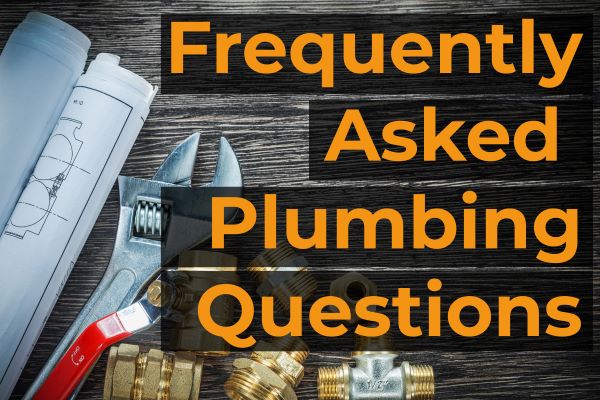Blog
Frequently Asked Questions About Kentucky Plumbing Licenses

If you are just starting your journey towards obtaining your plumbing license, the odds are you have some questions. Rest assured that you are not alone. It is perfectly normal for newcomers and veteran plumbers alike to have licensure-related questions. After all, laws and logistics are constantly changing.
So if you have questions, let us help you. Here are some of the most frequently asked questions about plumbing licenses.
Can a Maintenance Technician Perform Plumbing Work?
While the answer is technically yes, there are strict limitations to the plumbing work that a maintenance technician is authorized to perform. Maintenance technicians are only allowed to repair plumbing in the sense that said repairs would keep it functional. They are not authorized to repair or replace any of the following:
- Toilets
- Bathtubs
- Faucets
- Drains
- Dishwashers
- Sinks
- Vents
- Sewers
- Grease traps
- Water services
- Water heaters
When Is a Plumbing Permit Required?
Keep in mind that a plumbing permit is different from a plumbing license. Here are some examples of situations where a plumbing permit is mandatory.
New Installations and Relocation
A plumbing permit is required any time a new plumbing installation is built. Additionally, a permit is required for all existing structures if anything is relocated. This includes conductors, fixtures, and even the soil surrounding the structure.
Structures With Multiple Units
If a building has several stories, you will need a permit for each unit.
Separate Buildings
Under certain circumstances, a permit is required for buildings that are considered separate under state law. A permit is required if the buildings meet any of the following conditions:
- They do not share a connected roof
- The connecting portions of each building are not integral to the structure of either building
- A new or replacement water service
- A new or replacement home sewer
- A new or replacement water heater installation
- Situations where an existing water service requires the installation of a backflow prevention mechanism
Please note that this list does not encompass every condition.
I Have a Plumbing License from Another State—Can I Work as a Plumber in Kentucky?
The short answer is no. However, if you have a valid plumbing license from another state, you can waive the “years of experience” requirement. Keep in mind that all other requirements still need to be met.
When Is a Plumbing License Required?
A valid plumbing license is mandatory if you are engaging in working in the trade of plumbing. This license can be a master’s license or a journeyman's license. Keep in mind that each license comes with its own set of expectations and requirements.
Does a Homeowner’s Permit Authorize Me to Install My Own Plumbing?
A homeowner who wants to install plumbing in their own residence—or in a home they are building and eventually plan to occupy—can do so as long as the following conditions are met:
- All work must be personally performed by the homeowner
- The application must be made before any work has begun
- All work must conform to the requirements listed in the state plumbing code
- The homeowner must sign and submit an affidavit agreeing to abide by all terms
- Only one permit can be issued to a specific individual within five years
Keep in mind that you must meet the above conditions and requirements if you want to install or make changes to plumbing legally, and these requirements can also apply to drainage and sewerage.
Are you thinking about obtaining your Kentucky contractor’s license? Now that all your questions have been answered, there’s no time like the present. Take steps toward getting your plumber’s license today!
